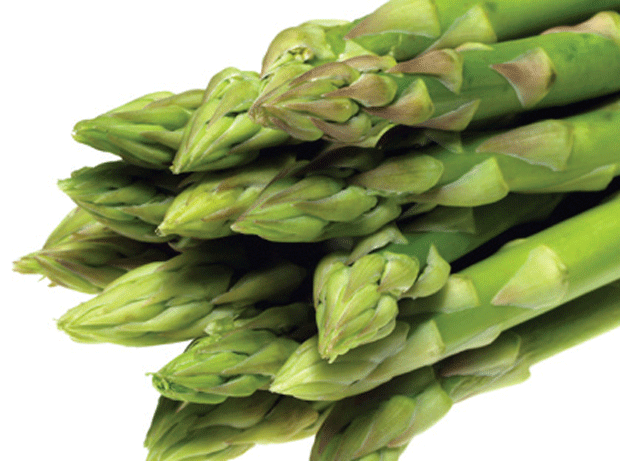
Scientists have begun a £600,000 trial on new technology that could dramatically extend the British asparagus season and reduce the UK’s dependency on imports.
Despite the prevalence of native crops, the UK’s weather meant the asparagus season was often haphazard, said Prof Leon Terry of Cranfield University, which is undertaking the three-year research project in association with grower Cobrey Farms and controlled atmosphere technology provider ICA.
The project - funded by the government’s Innovate UK initiative and the Biotechnology and Biological Sciences Research Council - would evaluate whether dynamically controlled atmosphere technology devised by ICA can be used to store crops and “flatten out gluts” of supply during the British asparagus season, Terry said.
“Controlled atmospheres are primarily used in apple stores, with lower oxygen levels slowing down their metabolic rates,” he added. “But it has never been used on more difficult to store products like asparagus.”
If the trial proves successful, it could potentially mean UK retailers would not have to fly in the same amount of Peruvian crops to bolster UK asparagus stocks, and would dramatically reduce their carbon footprint: the transport of UK asparagus generates 1.2kg of Co2 per 1kg delivered, compared with 11kg per 1kg for the Peruvian variety.
“The world is most short of asparagus in July,” said Cobrey Farms partner John Chinn. “It’s mid-winter in Peru, and the first flush of the English crop will have gone.”
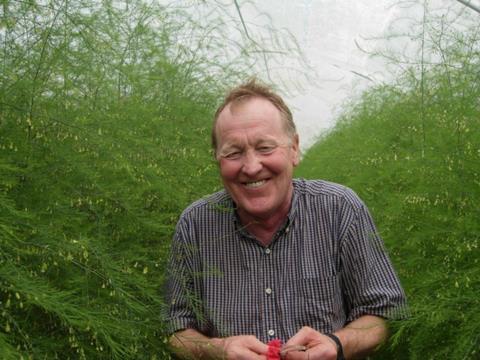
Chinn added the storage technology now being trialled could allow growers to store some of the May crop, which was normally in oversupply for a few weeks, to use later in the summer, and would smooth out the supply and demand imbalance of the English season.
“If the technology works with asparagus it could also be useful for crops such as broccoli,” said Chinn, who also pledged to share the technology with rival growers.
“We have made it clear that we would be happy to share the technology if it works with the other 100 or so asparagus growers in the country; that’s the only way we can scale it up and have an effect on supply levels.”
Chinn added: “We also have Tesco and Findus on board, who will run taste panels to see how effective the technology is, but it’s too early to say how much this technology will cost to implement at the moment, we have to improve the science first.” The project is due to run until July 2018.







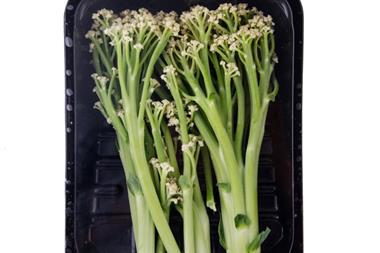
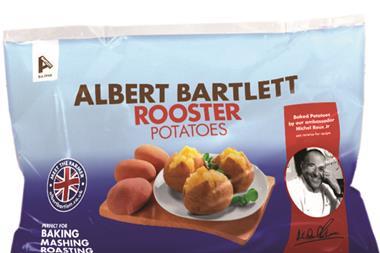
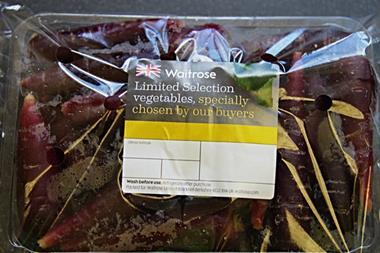
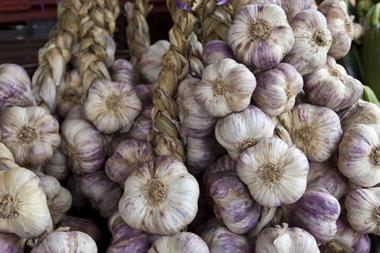
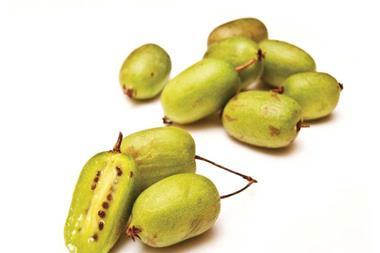


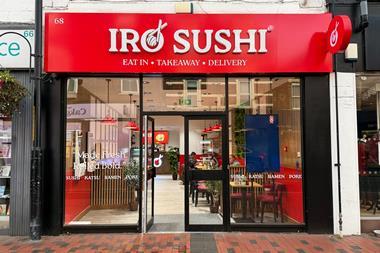



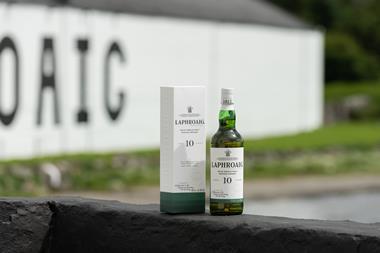
No comments yet